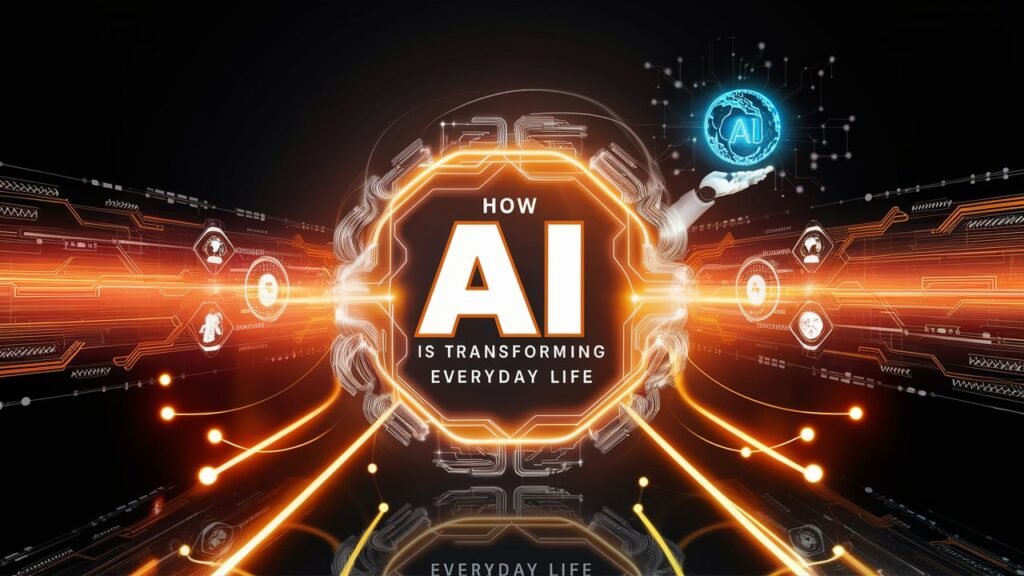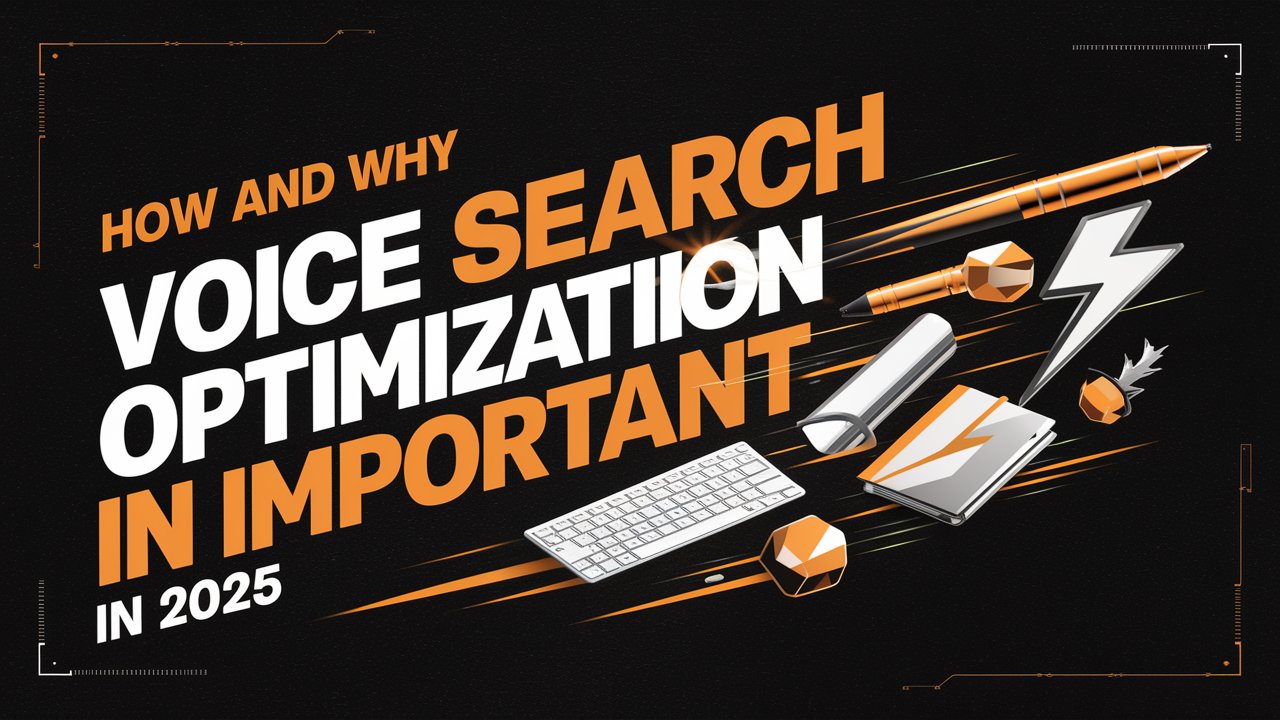How AI Is Transforming Everyday Life
Artificial intelligence (AI) is no longer a sci-fi idea; rather, it has become a natural part of our everyday lives, changing how we work, live, and engage with the world. Voice-activated assistants and personalized shopping experiences are just two examples of how ai is transforming daily life in ways that were unthinkable only a few years ago.
Imagine a world in which your gadgets anticipate your requirements, AI optimizes your healthcare for early disease detection, and self-driving automobiles manage your commute. This change is a reality that AI is bringing about right now, not just a pipe dream. AI is creating the foundation for a more effective, convenient, and customized existence, and the possibilities are virtually limitless.
The impact of artificial intelligence (AI) on daily life is evident, whether it is through smart homes driven by AI, virtual assistants like Alexa and Siri, or sophisticated AI systems in healthcare and transportation. These innovations demonstrate that artificial intelligence is not only transforming the future but also the present by increasing convenience, boosting productivity, and providing more intelligent answers to common problems.
AI-Powered Virtual Assistants: Your Personalized Helpers
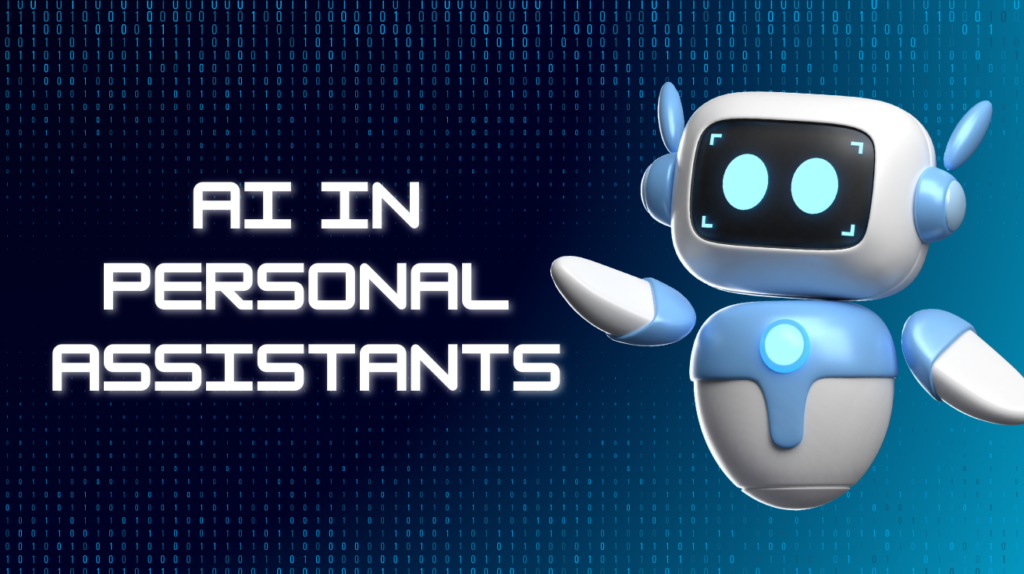
Virtual personal assistants with AI capabilities, such as Alexa, Google Assistant, and Siri, have revolutionized how we handle our everyday responsibilities. From reminding us to managing smart home appliances, these intelligent technologies use natural language processing (NLP) to comprehend and react to our voice commands. In addition to making tailored recommendations based on our behavior, preferences, and routines, they also handle chores like ordering groceries, setting up appointments, and giving us real-time traffic reports.
Virtual assistants have increased productivity by simplifying and optimizing multitasking. We will see increasingly sophisticated features as AI develops, such as the ability to comprehend our requirements without our request, which will improve convenience.
AI in Healthcare: Revolutionizing Diagnosis and Treatment
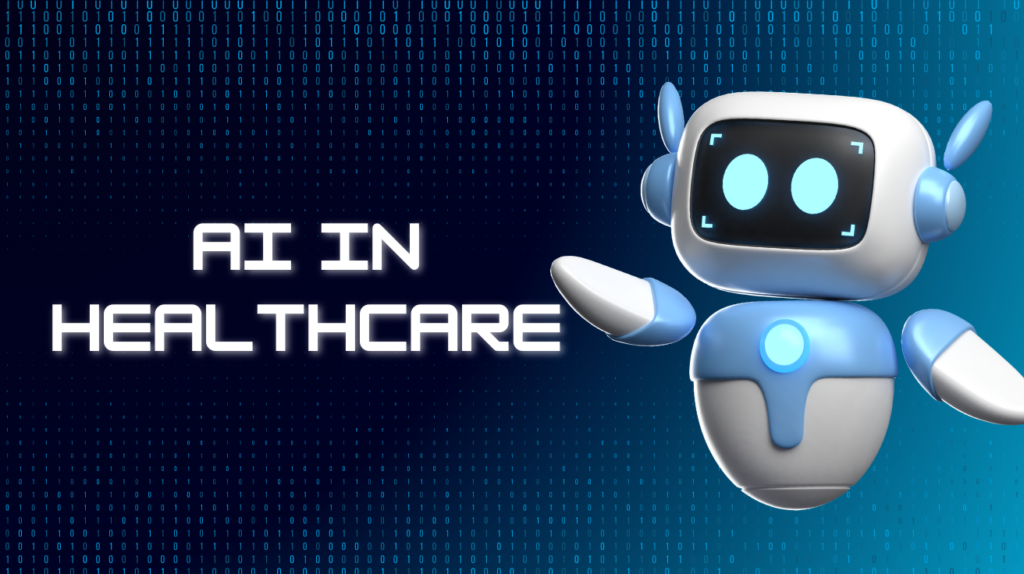
AI has significantly improved the healthcare sector in numerous ways. AI is improving the delivery of healthcare, from diagnosis to therapy recommendations. Large volumes of medical data, including genetic information, patient histories, and medical imaging, can be analyzed by AI algorithms to identify diseases like cancer early on.
AI-powered tools, for instance, assist physicians in spotting trends that human reviewers might overlook. These tools can assist develop individualized treatment regimens, forecasting the likelihood that a disease will manifest, and tracking patient progress in real-time. AI-powered robotic surgery devices are now enabling less invasive and more accurate surgeries, which shortens recovery times for patients.
By providing virtual consultations, using chatbots to diagnose illnesses, and enabling wearable technology to track patients’ health, AI has also aided telemedicine. This lowers healthcare expenses while also improving patient accessibility.
AI in Education: Personalized Learning Experiences
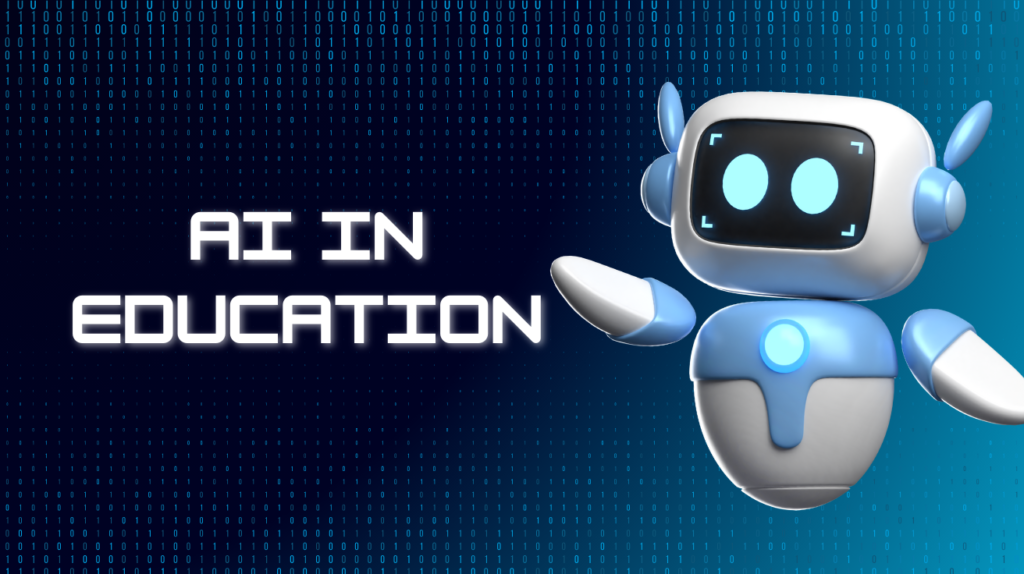
Education has seen numerous developments as a result of AI. By providing content that is specifically catered to each student’s needs and learning style, AI-powered solutions have made personalized learning more widely available. For instance, intelligent tutoring programs can determine the areas in which pupils are having difficulty and modify the material to facilitate learning.
In addition, AI solutions assist teachers by automating administrative duties like attendance monitoring and grading, freeing up more time for instruction and student interaction. Additionally, AI can forecast student achievement, which helps schools create better lesson plans and offer more assistance.
AI-powered language translation is another significant innovation. Through the use of AI, platforms such as Google Translate are removing language barriers and promoting inclusivity in education. Additionally, AI has made online learning and virtual classrooms possible, enabling access to education even in faraway locations.
AI in Transportation: Safer, Smarter Journeys
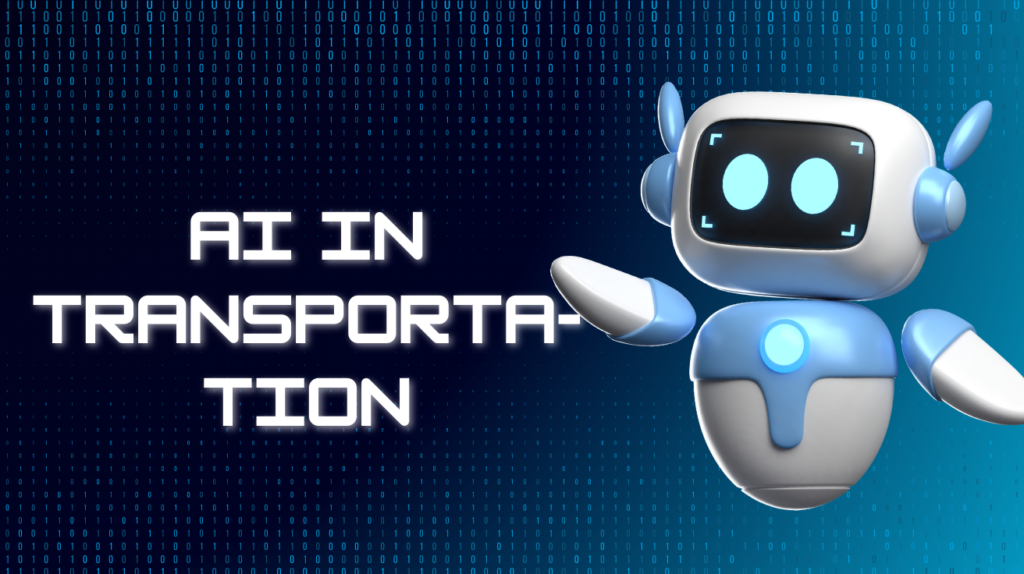
AI is also having a significant impact on transportation, as evidenced by developments like traffic management systems and driverless cars. Companies like Google and Tesla are testing AI-powered self-driving cars, which hold promise for safer and more effective transportation in the future. These cars make snap decisions based on sensor information to protect pedestrians and passengers.
Through traffic pattern analysis, signal timing optimization, and congestion reduction, AI-driven traffic management systems are improving road conditions in urban areas. This lowers pollutants, uses less fuel, and facilitates commutes. AI is also boosting public transportation systems by enabling efficient routing based on real-time data and better scheduling.
Delivery services are also changing as a result of the development of drone technology and AI-powered logistics systems, which enable quicker and more effective deliveries, particularly in hard-to-reach places.
AI in Finance: Smarter Banking and Fraud Prevention
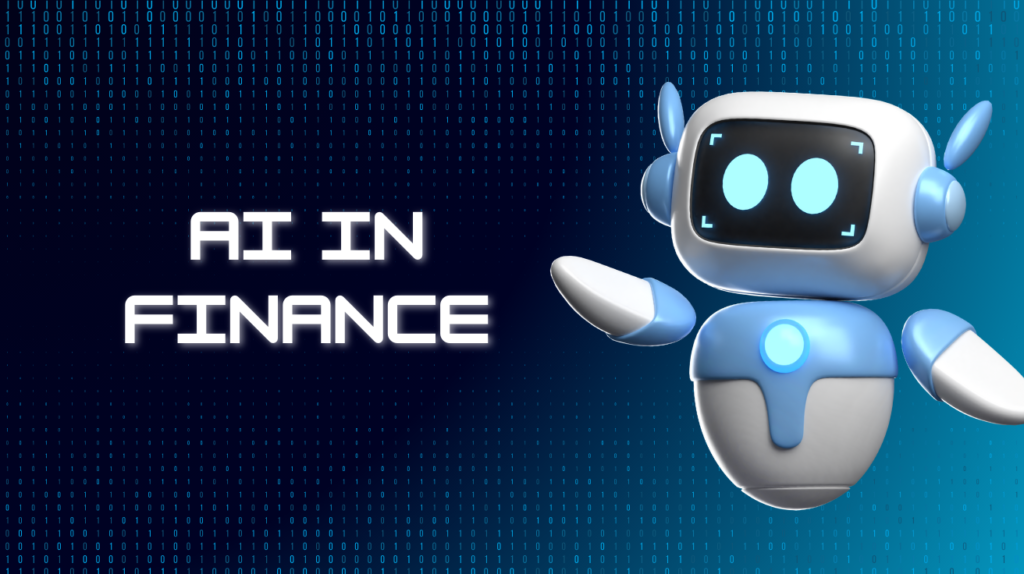
AI has been adopted by the banking sector to improve decision-making, optimize processes, and improve client experiences. By examining transaction patterns and highlighting questionable activity, AI algorithms are being utilized to identify fraud. For both customers and financial institutions, this has greatly decreased the danger of fraud and identity theft.
Robo-advisors, which offer automated financial planning services, are also growing in popularity because to AI. By examining the user’s financial status, objectives, and risk tolerance, these systems provide individualized investing solutions. As a result, investment management is now more widely available and reasonably priced.
In addition, AI-powered chatbots are enhancing banking customer service by offering prompt answers to frequently asked questions like balance checks and transaction processing. Banking will become even more efficient and customized as AI advances.
AI in Retail: Enhancing Shopping Experiences
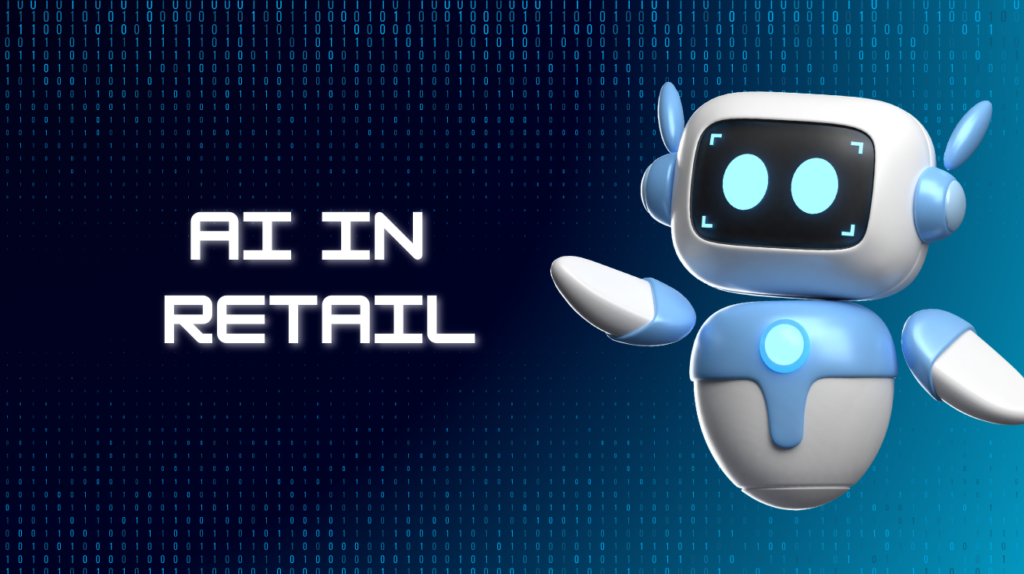
Through improved customer experiences and streamlined supply chains, AI is also revolutionizing the retail sector. AI algorithms are now able to monitor customer behavior, preferences, and past purchases to make product recommendations based on personal preferences, making personalized shopping experiences a reality. Sales and customer loyalty both rise as a result.
AI-powered chatbots and virtual assistants are helping the e-commerce industry by improving customer service by providing round-the-clock support, answering questions, and guiding customers through the purchasing process. Artificial intelligence pricing methods are optimized by analyzing market trends, rival prices, and client demand in real-time. This allows businesses to maximize their earnings.
Additionally, AI inventory management and logistics play a crucial role in predicting demand, managing stock levels, optimizing delivery routes, and ensuring that products are available and needed. If waste is reduced and supply chain efficiency is improved, then enterprises will be able to contribute to cost reductions.
AI in Entertainment: Personalized Content at Your Fingertips
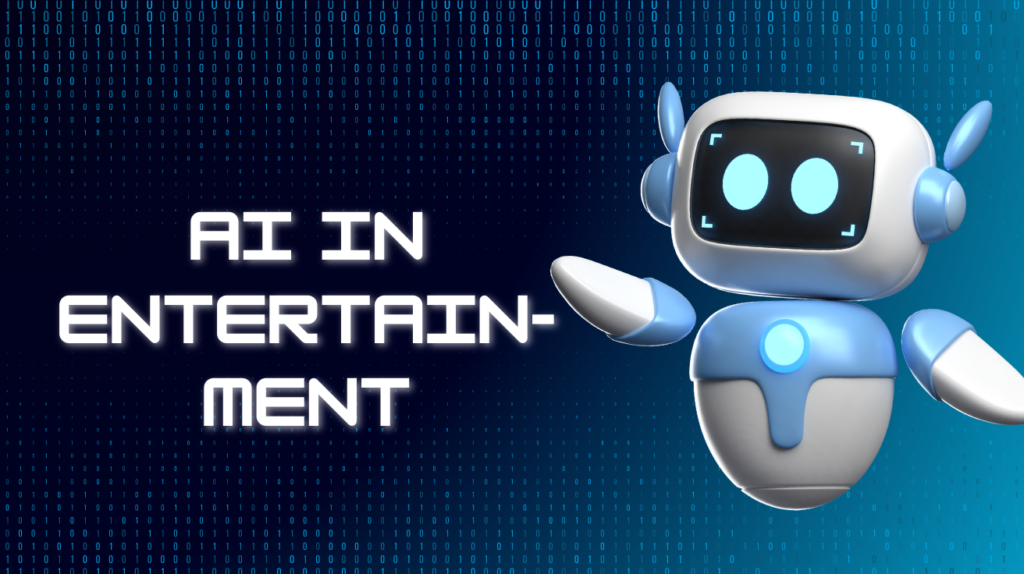
AI is being embraced by the entertainment sector, which will improve content production and delivery. AI algorithms are used by streaming services like Netflix and Spotify to provide consumers with tailored content recommendations based on their viewing and listening preferences. User satisfaction and engagement have improved, and when I log in, I see that the content is quite pleasing to my tastes.
Interactive and responsive game dynamics, as well as the power of non-player characters (NPCs), are some of the immersive experiences that AI video games create. The film business uses AI for scriptwriting, editing, and even special effects, which can be very helpful in improving visual narrative.
AI-generated art and music are becoming more and more popular, and it is amazing to see how AI and human ingenuity can work together to create original and inventive works.
AI in Daily Routines: Making Life Easier
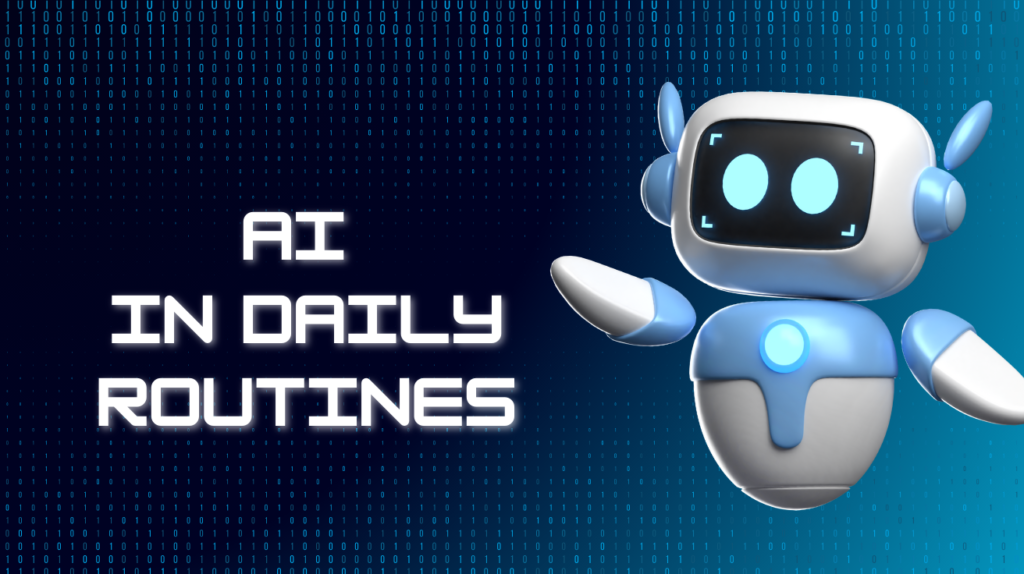
Personally, we are unaware of how AI has incorporated itself into our everyday lives. AI plays a part in helping us lead efficient and healthy lives. Examples of this include smart thermostats that can learn our preferred temperature and fitness applications that use AI to track and evaluate our exercises. These days, it is usual to find home automation systems that use our habits to manage appliances, lighting, and security. These systems offer ease and energy savings.
Furthermore, AI is improving the ease and intuitiveness of our interactions with technology. AI enables tailored ads, facial recognition, and predictive text, all of which customize our digital experiences to suit our unique tastes.
Conclusion
Artificial intelligence is changing every part of our daily lives by making procedures faster, more effective, and highly individualized. It no longer has the idea of a door. AI is transforming businesses and offering creative answers to common problems in a variety of sectors, including healthcare, education, finance, and entertainment. AI’s ability to raise our standard of living will only increase as it develops.
Frequently Asked Questions (FAQs)
1. What is AI?
AI refers to machines or systems that mimic human intelligence to perform tasks like problem-solving and decision-making.
2. How does AI impact daily life?
AI powers virtual assistants, smart home devices, personalized recommendations, and improves healthcare, making life more convenient.
3. How does AI affect finance?
AI improves fraud detection, automates customer service, and provides personalized financial advice.
4. Can AI improve education?
Yes, AI personalizes learning, automates grading, and provides virtual classrooms for broader access.
5. Will AI take over jobs?
AI may automate some jobs, but it will also create new roles and enhance tasks requiring creativity and decision-making.
